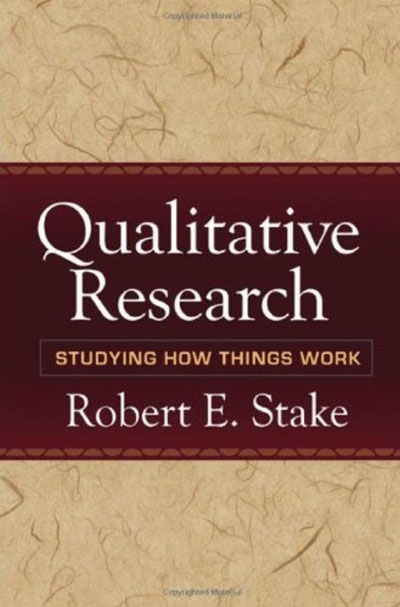
It is commonly said that science tells us how things work and that the more exact sciences, the quantitative sciences, tell us more exactly how things work, and both are true. At least, if exact means exact.
Science is the collection of grand explanations of things, physical, biological, and sociological. Science is the explanation of how things work in general, across chemistries and solar systems and cultures. And scientific research is quantitative in many ways. By quantitative we mean that its thinking relies heavily on linear attributes, measurements, and statistical analysis.
But each of the divisions of science also has a qualitative side, in which personal experience, intuition, and skepticism work alongside each other to help refine the theories and experiments. By qualitative we mean that it relies primarily on human perception and understanding. …
It can be misleading to say that qualitative thinking provides a pedestal or a readiness for quantitative thinking. It is much more. Qualitative thinking is intermixed within all steps of scientific work. Even when millions of calculations are being processed by a supercomputer, checks on the progress and credibility of aggregative enumeration have been programmed into the operation by visionary and skeptical scientists. That is, qualitative interpretation has been programmed in. All scientific thinking is a mixture of quantitative and qualitative thinking. …
It is common for people to suppose that qualitative research is marked by rich description of personal action and complex environment, and it is, but the qualitative approach is equally distinguished, as I have claimed earlier in this chapter, for the integrity of its thinking. There is no one way of qualitative thinking, but a grand collection of ways: It is interpretive, experience based, situational, and personalistic. Each researcher will do it differently, but almost all of them will work hard at interpretation. They will try to convey some of the story in experiential terms. They will show the complexity of the background, and they will treat individuals as unique, yet in ways similar to other individuals. …
Qualitative research has moved social research away from an emphasis on cause-and-effect explanation and toward personal interpretation. Qualitative inquiry is distinguished by its emphasis on holistic treatment of phenomena (Silverman, 2000). I have remarked already on the epistemology of qualitative researchers as existential (nondeterministic) and constructivist. These two views are correlated with an expectation that phenomena are intricately related to many coincidental actions and that understanding them requires a wide sweep of contexts: temporal and spatial, historical, political, economic, cultural, social, personal.
Thus the case, the activity, the event, the thing is seen as unique as well as common. Understanding the case requires an understanding of other cases, things, and events but also an emphasis on its uniqueness. Such uniqueness is established not particularly by comparing it on a number of variables (there may be few ways in which this case differs from the norm), but the collection of features and the sequence of happenings are seen by people close at hand as (in several ways) unprecedented, a critical uniqueness. Readers can be drawn easily to this sense of uniqueness when we provide experiential accounts.
For all the intrusion into habitats and personal affairs, most qualitative researchers are noninterventionists: (can you forgive this stereotype?) They shy away from instigating an activity to study the thing. Most qualitative researchers try not to draw attention to themselves or their style of work. Other than positioning themselves, they avoid creating situations “to test their hypotheses.” They try to observe the ordinary, and they try to observe it long enough to comprehend what, for this thing, “ordinary” means. For them, naturalistic observation has been their primary medium of acquaintance. When they cannot see for themselves, they ask others who have seen. When there are formal records kept, they search for the documents. But they favor a personal capture of the experience, so they can interpret it, recognize its contexts, puzzle the many meanings even while still there, and pass along an experiential, naturalistic account so that readers can participate in some of the same reflection. (Of course, qualitative researchers differ one from the other.)
Stake, Robert. 2010. Qualitative Research: Studying How Things Work. New York: Guilford Press. pp. 11-4, 31-2. || Amazon || WorldCat
